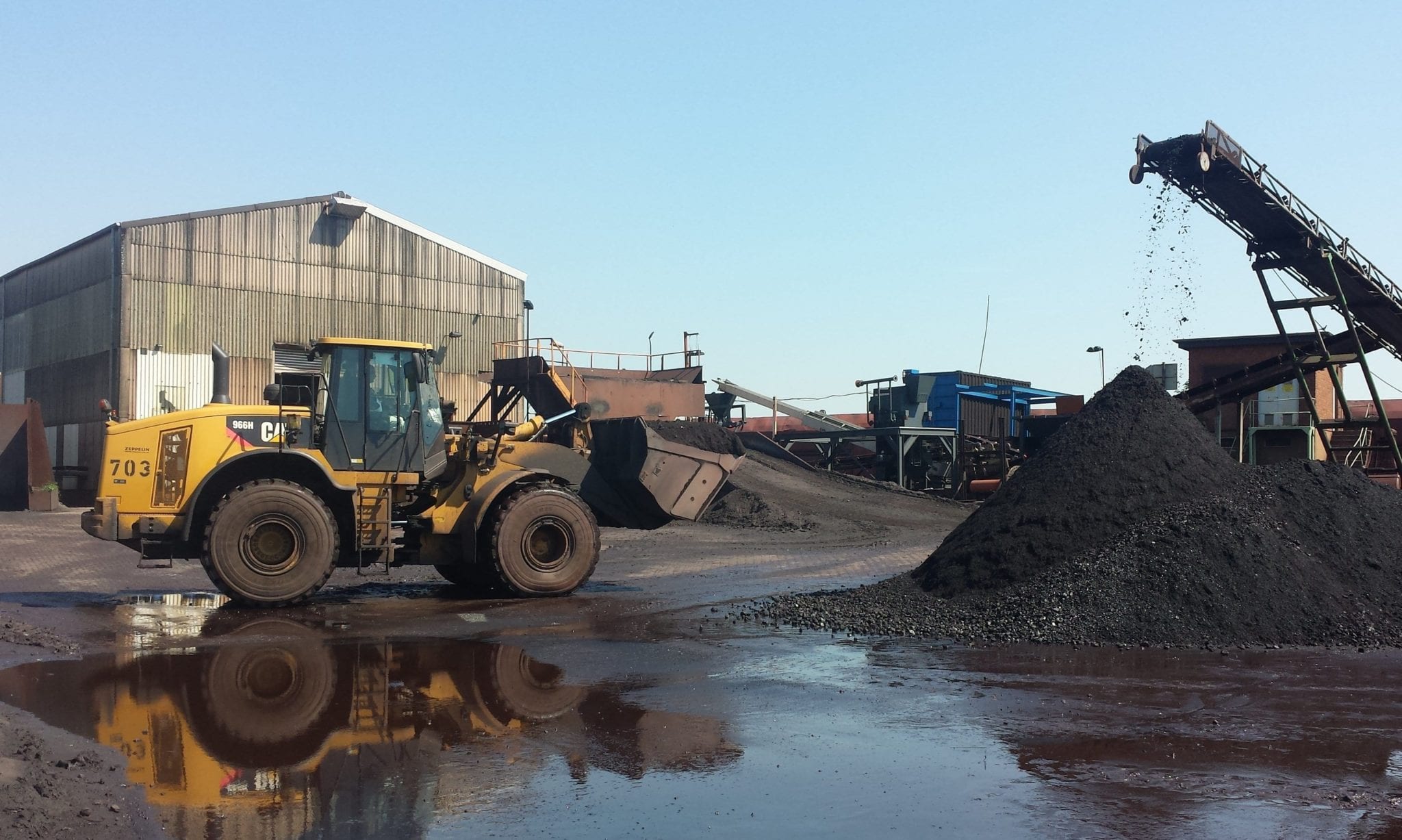Quarry crushing and screening operations generate significant amounts of dust and particulate matter, which can pose health and safety hazards to workers and nearby communities. As a result, it is essential to have effective dust collection systems in place to capture and remove these airborne contaminants. One critical component of any dust collection system is the filter bags used to capture and contain the dust. This article will provide a guide to choosing the right filter media for dust collection in quarry crushing and screening operations.

Quarry crushing and screening operations can produce a variety of dust and particulate matter, including fine particles that can become airborne and pose health and safety hazards. Inhalation of these particles can cause respiratory problems, lung damage, and other health issues. Proper dust collection is essential in mitigating these risks and ensuring a safe and healthy working environment.
When choosing filter bags for quarry crushing and screening dust collection, several factors need to be considered, including:
1. Particle Size: Quarry crushing and screening operations generate particles of varying sizes, and filter bags must be chosen based on the size of the particles. In general, a fabric with a smaller micron rating is more effective at capturing smaller particles.
2. Temperature: The temperature of the gases and dust being filtered is another crucial factor to consider. If the temperature exceeds the filter media’s melting point, the filter bag will degrade and become less effective.
3. Chemical Composition: Quarry crushing and screening operations can produce dust with varying chemical compositions, such as silica, which can be hazardous. In such cases, filter bags made of a material resistant to these chemicals are necessary.
4. Abrasion Resistance: The constant flow of dust and particulates can cause wear and tear on filter bags, reducing their effectiveness. Choosing a durable filter media with high abrasion resistance can extend the lifespan of the filter bags.
5. Air-to-Cloth Ratio: The air-to-cloth ratio is the ratio of the volume of air being filtered to the surface area of the filter media. This ratio can impact the effectiveness of the filter bags, with a higher ratio leading to lower efficiency.
There are several common filter media options for dust collection in quarry crushing and screening operations, including:
Polyester Felt: Polyester felt is a synthetic material with excellent abrasion resistance and high filtration efficiency. It is also resistant to moisture and mildew and can withstand high temperatures up to 275°F.
Polypropylene Felt: Polypropylene felt is another synthetic material with excellent chemical resistance and a high melting point of 330°F. It is an ideal option for filtering acidic and caustic gases.
PTFE Membrane: PTFE membrane is a highly effective filter media with excellent chemical resistance and high-temperature tolerance up to 550°F. It is ideal for filtering fine particles, including quarry dust.
Fiberglass: Fiberglass filter bags are highly durable and have excellent chemical resistance. They are also capable of withstanding high temperatures up to 500°F and are ideal for high-temperature applications.
Effective dust collection is crucial in mitigating the risks associated with quarry crushing and screening operations. Choosing the right filter bags for dust collection is an essential step in ensuring a safe and healthy working environment. By considering factors such as particle size, temperature, chemical composition, abrasion resistance, and air-to-cloth ratio, and selecting the appropriate filter media such as polyester felt, polypropylene felt, PTFE membrane, or fiberglass, quarry crushing and screening operations can significantly reduce the risks associated with dust and particulate matter.
| Types | Operating Temperature ℃/℉ | Instant Temperature℃/℉ | Abrasive Resistance | Hydrolytic Stability | Acid Resistance Alkali | Alkali Resistance | Oxidation Resistance |
| Polypropylene | 80/176 | 100/212 | Excellent | Good | Excellent | Excellent | Restricted |
| Homopolymer Acrylic | 140/284 | 160/320 | Good | Moderate | Excellent | Excellent | Good |
| Polyester | 130/266 | 150/302 | Excellent | Moderate | Moderate | Moderate | Good |
| PPS | 190/374 | 220/428 | Excellent | Moderate | Excellent | Moderate | Moderate |
| Nomex | 204/399 | 240/464 | Excellent | Good | Good | Good | Moderate |
| P84 | 260/500 | 280/536 | Excellent | Moderate | Excellent | Moderate | Good |
| PTFE | 250/482 | 300/572 | Good | Excellent | Excellent | Excellent | Excellent |
| Fiberglass | 240/464 | 280/536 | Good | Moderate | Good | Good | Restricted |
| FMS | 240/464 | 280/536 | Good | Moderate | Good | Good | Restricted |
Understanding the Risk: Dust Explosion Fundamentals Dust explosions represent one of the most serious safety hazards in industrial
Introduction Efficient particulate collection is central to modern industrial air pollution control, making the baghouse a familia
By Omela Filtration — Industrial Filtration Experts 1. Industry Background and the Real Problem In pulse-jet dust collector syst